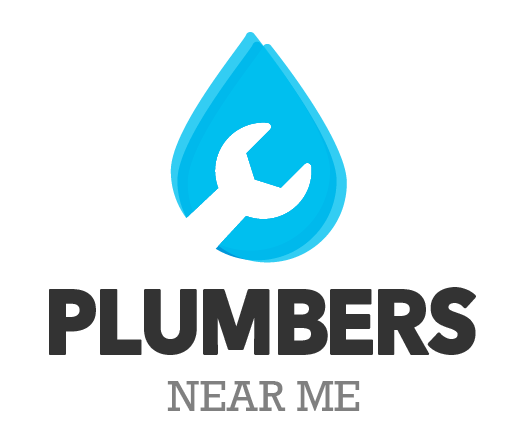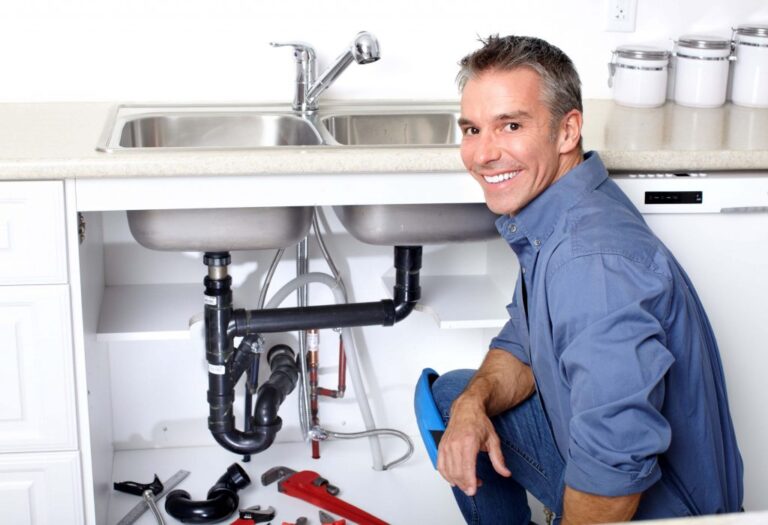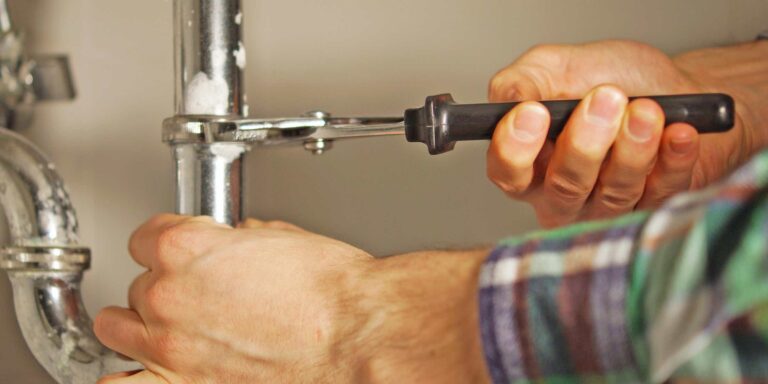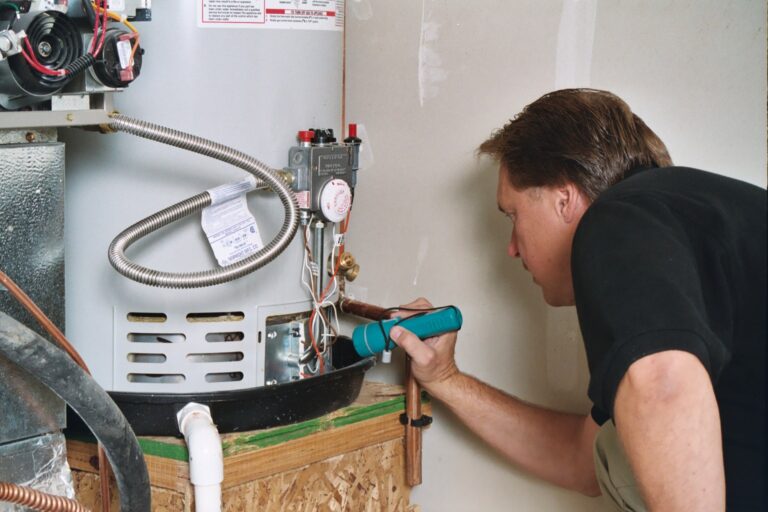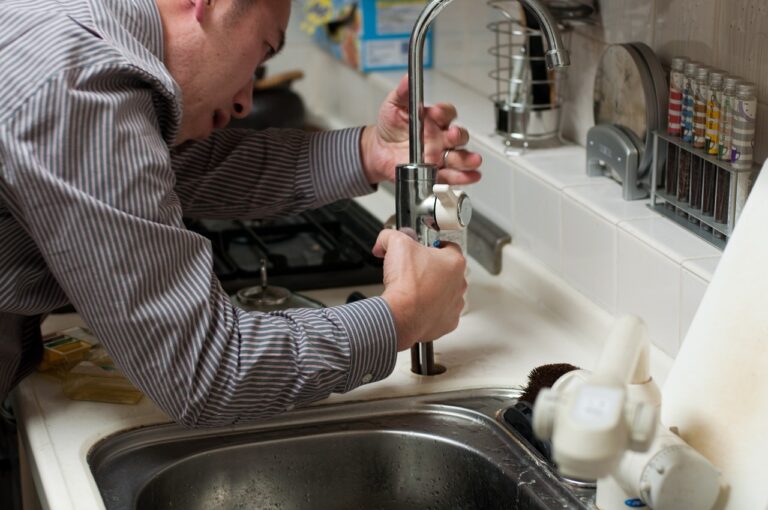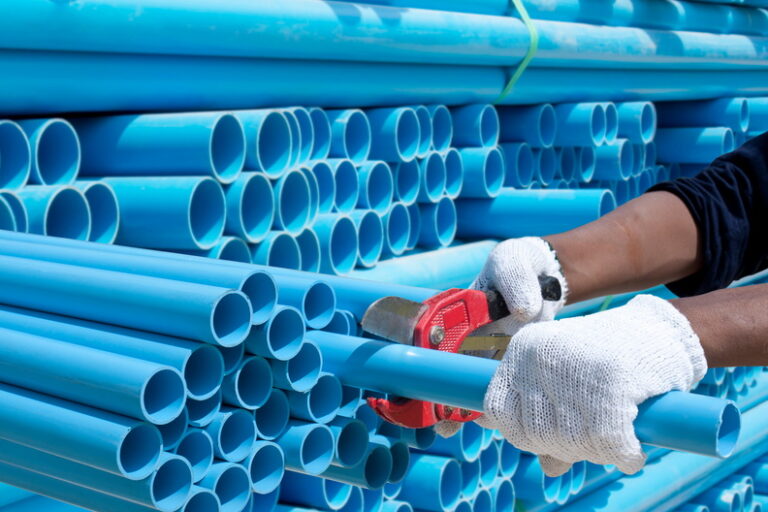Water Leak Detection And Prevention
We are the water leak detection and prevention experts! We have over 20 years of experience in detecting and preventing water leaks, and we are here to help you!
If you have a water leak, or if you think you might have a water leak, give us a call! We will come out and inspect your home or business, and we will give you a free estimate on what it will take to fix the problem.
We are committed to providing the best possible service to our customers, and we guarantee that you will be satisfied with our work. Call us today, and let us help you prevent costly water damage!
1.Water Leak Detection
There are many ways that water leaks can be detected. The most common methods are:
-Visual inspection: This is the most basic method of leak detection and is often the first step taken. Checking for leaks visually can be done by looking for wet spots on floors, ceilings, walls, or pipes; by checking for mold or mildew; or by looking for drips or puddles.
-Listening: Listening for the sound of water leaking can be done with the naked ear or with specialized equipment. Leaks that are hidden behind walls or under floors can often be heard if they are large enough.
-Moisture meter: A moisture meter is a tool that can be used to measure the amount of moisture in an area. This can be helpful in detecting leaks, as well as in determining the extent of damage from a leak that has already been found.
-Thermal imaging: Thermal imaging cameras can detect temperature changes that may indicate a water leak. These cameras are often used to find hidden leaks because they can see through walls and other objects.
2.Water Leak Prevention
Water leak prevention should be a top priority for all home and business owners. A water leak can cause extensive damage to your property, as well as lead to sky-high water bills. The best way to prevent a water leak is to be proactive and take steps to ensure that your plumbing system is in good working condition. Here are some tips for preventing water leaks:
1. Check all exposed pipes for signs of leaks or damage. If you see any cracks or holes, have them repaired immediately by a licensed plumber.
2. Inspect your home’s gutters and downspouts regularly. Make sure they are free of debris so that they can properly channel water away from your foundation.
3. Keep an eye out for telltale signs of leaks, such as unexplained puddles of water or damp spots on walls or ceilings. If you notice anything suspicious, call a plumber right away to have the problem investigated.
4. Have a professional plumber inspect your plumbing system at least once a year. This will help identify any potential problems before they have a chance to cause serious damage.
5. Be proactive about fixing any minor plumbing issues as soon as they arise. By taking care of small problems before they turn into major disasters, you can save yourself a lot of time, money, and headaches down the road
3.Water Leak Detection Methods
Water leaks can occur at any time and without warning. It is important to be proactive in detecting leaks before they cause significant damage to your home or business. There are a few different ways you can detect water leaks:
· Check your water bill – A sudden and unexplained increase in your water bill could be an indication of a water leak.
· Listen for the sound of running water – If you hear the sound of running water when all taps are turned off, this could be an indication of a hidden leak.
· Look for wet or damp spots on floors, walls or ceilings – This could be an indication of a hidden leak.
· Look for mold or mildew – If you see mold or mildew growing in areas where there is no moisture, this could be an indication of a hidden leak.
4.Water Leak Prevention Tips
Water bills consuming a larger percentage of your monthly income than you’d like? Although the installation of water-efficient appliances and fixtures can save you money in the long run, there are other ways to prevent leaks and conserve water on a daily basis. Check out our favorite tips:
-Repair dripping faucets as soon as possible – A single dripping faucet can waste up to 20 gallons of water per day.
-Monitor your water meter – See a spike in usage when you haven’t changed your habits? You may have a leak.
-Inspect visible piping regularly – Check hoses, connections, fixtures, and appliances for any signs of leaks or corrosion.
-Know where your main shutoff valve is located – In the event of a major leak, this will come in handy.
-Be mindful of how much water you use – Turn the faucet off while brushing your teeth, shorten your showers, and never let the water run while you’re doing the dishes.
5.Water Leak Detection Equipment
Water Leak Detection Equipment is an important part of any water leak prevention program. By detecting water leaks early, you can avoid costly repairs and save water.
There are many different types of water leak detection equipment available on the market. Some of the most common include:
-Water Meters: These devices measure the amount of water flowing through a pipe. By monitoring your water usage, you can identify leaks quickly.
-Water Sensors: These devices detect the presence of water and trigger an alarm when leaks are detected.
-Flow Monitors: These devices measure the flow rate of water through a pipe. By monitoring the flow rate, you can identify changes that may indicate a leak.
-pressure sensors: These devices detect changes in pressure within a pipe. Leaks can often be detected by changes in pressure within the pipe network.
6.Water Leak Repair
If you have a leak in your plumbing, it’s important to take care of it right away. Small leaks can turn into big problems quickly, and can cause extensive damage to your home if they’re not fixed. water leak repair isn’t always simple, but there are a few things you can do to fix most leaks yourself.
Water leaks can occur anywhere in your plumbing, but some of the most common places for leaks are:
-Faucets: A leaky faucet is one of the most common types of plumbing leaks. If your faucet is dripping, it may be time to replace the washer or O-ring.
-Toilets: Toilet leaks can be caused by a number of different things, including a faulty flapper or a crack in the tank. If you think you have a leak, put a few drops of food coloring in the tank and see if the color shows up in the bowl within 15 minutes.
-Pipes: Leaky pipes are often caused by joint failure or cracks in the piping. You may be able to temporarily fix a crack with epoxy putty, but it’s important to get the pipe replaced by a professional as soon as possible.
-Water heaters: Water heaters can develop leaks over time due to corrosion or sediment buildup. If you think your water heater is leaking, shut off the power and water supply and call a plumber right away.
7.Water Leak Detection Companies
If you are a homeowner or facility manager, chances are you will need the services of a water leak detection company at some point. Water leaks can cause extensive damage to your property and can be very costly to repair. A professional water leak detection company can locate and repair leaks quickly and efficiently, saving you time and money.
There are many water leak detection companies to choose from, so it is important to do your research before selecting one. Start by asking your friends, family, and neighbors if they have any recommendations. Once you have a few companies in mind, check online reviews to get an idea of their reputation. Finally, give each company a call to get more information about their services and pricing.
Water leaks can be tricky to detect, so it is important to choose a reputable and experienced water leak detection company. With their help, you can rest assured that your property is safe from water damage.
8.Water Leak Detection Services
If you think that you may have a leak, or would like to rule out the possibility of one, hire a professional water leak detection service. This type of business uses state-of-the-art technology, like sonar equipment, to find leaks without having to do any destruction to your property.
Hydrostatic pressure testing is another type of technology that these businesses use. This test involves pressurizing the water lines with air and then watching for any water leaks. This is a non-destructive way to check for leaks and it can be done on both residential and commercial properties.
9.Water Leak Detection Systems
Water leak detection systems are devices that automatically shut off the water supply to the home when a leak is detected. There are two types of water leak detection systems: Spot Leak Detection Systems and Whole House Leak Detection Systems.
Spot Leak Detection Systems are devices that are placed around potential leak areas in the home, such as under the kitchen sink or behind the washing machine. These devices shut off the water to that specific area of the house when a leak is detected.
Whole House Leak Detection Systems are devices that are placed on the main water line coming into the home. These devices shut off the water to the entire house when a leak is detected.
Water leak detection systems can save homeowners hundreds of dollars in damages by preventing water leaks from going undetected and causing extensive damage to the home.
10.Water Leak Detection Training
Water leak detection training is key to preventing water damage in your home or business. By learning how to detect leaks early, you can save money on your water bill and avoid costly repairs.
There are many different ways to detect leaks, but some of the most common include:
-Listening for dripping sounds
-Checking for wet spots on walls or ceilings
-Feeling for warm spots on walls or floors
-Monitoring your water usage
-Checking for signs of mold or mildew
If you think you might have a leak, it’s important to take action right away. Turn off the water to the affected area and call a professional to have the leak repaired.
